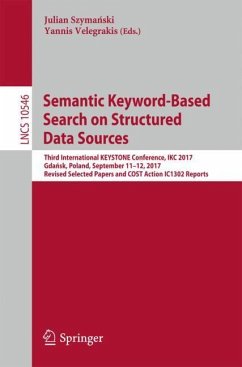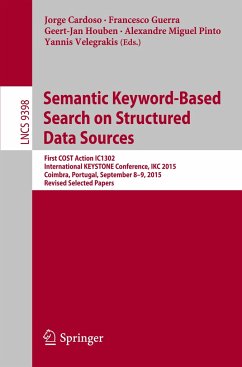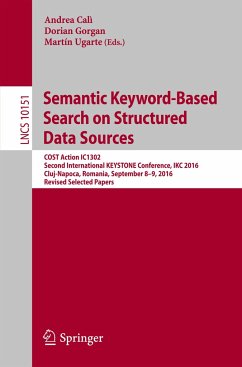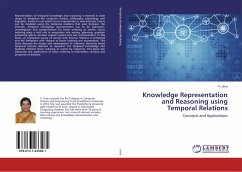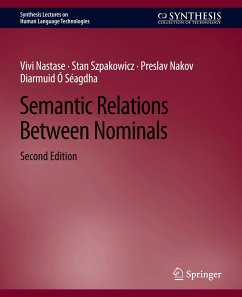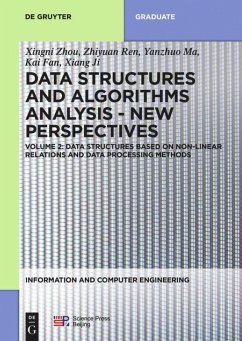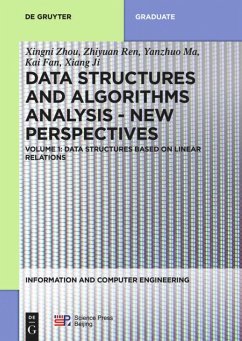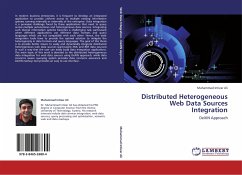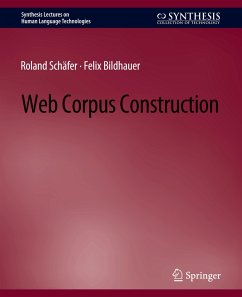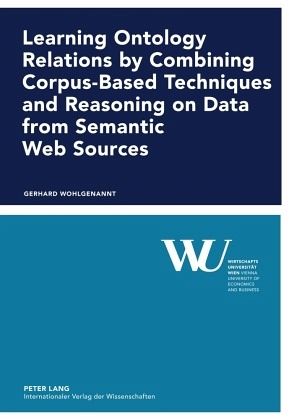
Learning Ontology Relations by Combining Corpus-Based Techniques and Reasoning on Data from Semantic Web Sources
Dissertationsschrift
Versandkostenfrei!
Versandfertig in 6-10 Tagen
71,80 €
inkl. MwSt.

PAYBACK Punkte
0 °P sammeln!
The manual construction of formal domain conceptualizations (ontologies) is labor-intensive. Ontology learning, by contrast, provides (semi-)automatic ontology generation from input data such as domain text. This thesis proposes a novel approach for learning labels of non-taxonomic ontology relations. It combines corpus-based techniques with reasoning on Semantic Web data. Corpus-based methods apply vector space similarity of verbs co-occurring with labeled and unlabeled relations to calculate relation label suggestions from a set of candidates. A meta ontology in combination with Semantic Web...
The manual construction of formal domain conceptualizations (ontologies) is labor-intensive. Ontology learning, by contrast, provides (semi-)automatic ontology generation from input data such as domain text. This thesis proposes a novel approach for learning labels of non-taxonomic ontology relations. It combines corpus-based techniques with reasoning on Semantic Web data. Corpus-based methods apply vector space similarity of verbs co-occurring with labeled and unlabeled relations to calculate relation label suggestions from a set of candidates. A meta ontology in combination with Semantic Web sources such as DBpedia and OpenCyc allows reasoning to improve the suggested labels. An extensive formal evaluation demonstrates the superior accuracy of the presented hybrid approach.




